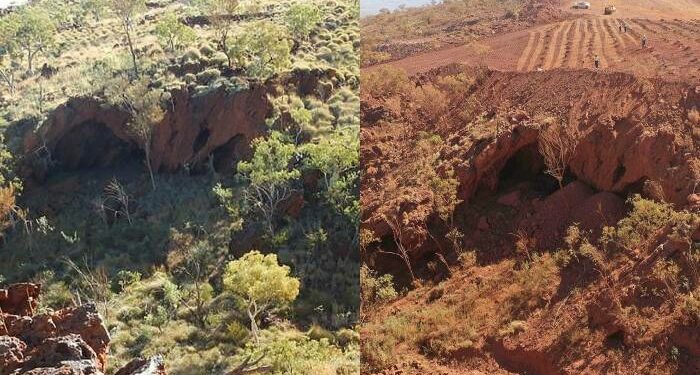Oil prices drop as Omicron travel restrictions weigh on sentiment
Oil prices dropped on Monday as worries over the imposition of travel restrictions across the world to combat the spread of the Omicron variant of the coronavirus weighed on sentiment.
Brent crude futures for February delivery fell by 2 per cent to trade at $72.06 a barrel, while West Texas Intermediate futures also fell 2 per cent to $69.42 a barrel. Traders reacted to increasing alarm shown by governments in response to the new variant, particularly international travel curbs.
European countries are tightening restrictions to reduce the spread of the variant after the Netherlands reimposed a strict nationwide lockdown on Saturday. The Dutch government has closed all bars, non-essential shops, hospitality venues, cinemas and gyms until at least January 14.
Germany set new entry requirements for people from the UK and several other European countries, with Berlin on Sunday designating the UK a “virus variant region”, triggering the country’s toughest travel regulations.
Austria, which is just emerging from a national lockdown, said it would allow entry only to vaccinated travellers from Monday. Those who had not received a booster shot would be required to take a test. Last week, France also said it will block entry to UK tourists, tightening its border restrictions.
What to watch in Asia today
China loans: The People’s Bank of China is set to review its loan prime rates, the de facto benchmark for new loans. Traders and economists predicted the rate will probably be cut, according to a Reuters poll.
Politics: The standing committee of China’s National People’s Congress convenes today for a five-day meeting at which they will discuss laws including a draft trade union measure, an anti-organised crime law and measures on women’s rights.
Markets: US stocks slid on Friday at the end of a week in which several big central banks acknowledged the threat posed by high inflation and the Omicron coronavirus variant. In New York, the benchmark S&P 500 fell 1 per cent. The tech-heavy Nasdaq Composite also ended the trading day marginally lower. Australian stocks fell while futures in Japan were down on Monday morning.
KPMG blocks referrals to former insolvency unit over Silentnight scandal
KPMG will not refer any work to its former UK restructuring business Interpath Advisory in the latest fallout from the scandal over the sale of bed manufacturer Silentnight to a private equity firm.
The decision is part of KPMG’s attempts to repair its image after a series of fines and investigations.
It has also sought to head off the threat of a ban on bidding for UK government consulting work by temporarily withdrawing from pitching for new public contracts, the Financial Times revealed on Friday.
KPMG sold its 550-person insolvency and restructuring unit, now renamed Interpath Advisory, to private equity fund HIG Capital in May for more than £350m.
Three months later, the Big Four firm was fined £13m by an industry tribunal over a conflict of interest in its former restructuring business when it advised on Silentnight entering administration in 2011.
KPMG’s sale of Interpath allowed the restructuring business to win work from the Big Four firm’s audit clients because it removed the potential for conflicts of interest.
However, KPMG has now decided not to refer any work to Interpath, even though there was no barrier to it doing so under the terms of the sale, according to people familiar with the matter.
Read more about KPMG.
Dominic Barton appointed Rio Tinto chair
Canada’s departing ambassador to Beijing has been appointed chair of Rio Tinto, the global miner that draws the bulk of its revenues from supplying China’s steel industry with iron ore.
Dominic Barton, who is best known for leading the management consultancy McKinsey over nine years until 2018, will replace Simon Thompson after the company’s AGM in May.
In a statement, Barton said he was looking forward to working with Rio’s board to implement a strategy that puts “decarbonisation at the heart of the business” and focuses on “building and sustaining trust with host communities”.
Rio cited his strong links to China, experience chairing Vancouver-based miner Teck Resources and “proven ability to lead a Board” as reasons for his appointment.
The Anglo-Australian group launched the search for a new chair in March after Thompson announced he would not stand for re-election at its AGM in 2022. He said he “was ultimately accountable for the failings” that led to the destruction of a sacred Aboriginal site in Australia.
“The tragic events at Juukan Gorge are a source of personal sadness and deep regret, as well as being a clear breach of our values as a company,” Thompson said at the time.
Rio’s board faced a storm of criticism over its initial decision not to fire any executives after the incident in May 2020.
Pressure from Australian pension funds and other investors eventually forced the resignations of chief executive Jean-Sébastien Jacques and two other senior executives. The miner has since been trying to repair its relations with indigenous groups.
Read more about the Rio chair.











